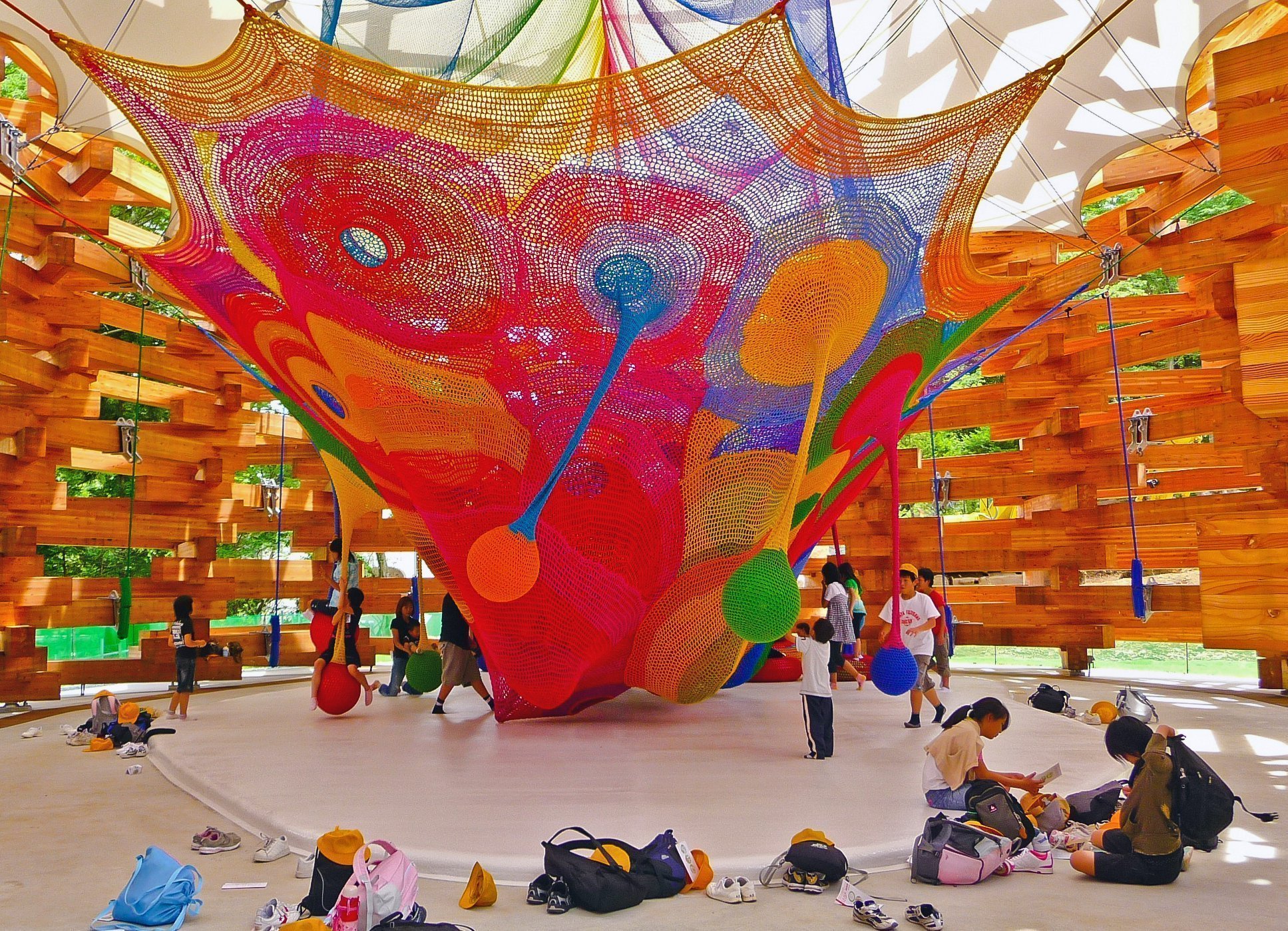
Literacy as Accountability
This Is what I believe about literacy learning and teaching…. at this moment. That we are in charge of who is literate and who is not. I have also learned that we participate as teachers, even when we do not think we are, and our practices, then as teachers, enhance or deplete literacy depending on those that can read us. “It had a lot to do with speaking” with, “seeing correct words”- Deborah Brandt says in accumulation of literacy, a reading that I took heavily from in this course. Another thing I took advantage of while during this semester was the the literacy narrative. The narrative more then any other assignment drove me to criticize that exactly how much we promote literacy, is exactly how much we do not.
In interviewing my grandfather, I learned how much his literacy wasn’t was not encouraged by the newer accumulation of literacy that surpassed him.“Sponsors are a tangible reminder that literacy learning throughout history has always required permission , sanction, assistance, coercion, or at a minimum, contact with existing trade routes.” This comment by Debra Brandt has stayed with all semester, peeping in and out of my discoveries of what exactly literacy was, and how it functioned in our every day life. How our education shapes us through our literacy, first, as a force of identity, an identity we must choose and live with, and then as a debilitation to the ever piling accumulation of literacy itself. During the interview process from the narrative assignment, I interviewed my grandfather and his experiences with learning to read and write, and how his experiences, shaped him into the level literacy that he currently has attainted at the age of eighty four.
My grandfather graduated high school, and served in the military. During his time in the military, his reading and writing were very minimal. He was not needed to to convey many messages in his position, and in fact the only times he remembers reading and writing at all, was to write a very small repot, that was a few sentences long. A question and answer formatted worksheet. He also translated letters from family members from english to Spanish, or read them out loud in Spanish so that other officers could understand. This translating, was not needed for any other aspect of his job however, so his accumulation of this type of literacy, as well as all Spanish forms of literacy during this time in the united states, (1950-1953), were not tangible necessities for the american literacy trade routes of the 1950’s. Trade routes, taken from a Bradnt Idea again, “When economic forces are adressed in our work, they appear primarily as generalities: contexts, determinants, motivators, barriers touchstones. But rarely are they systematically elated to the local conditions, and embodied moments of literacy that occupy so many of us on a daily basis.” In a similar way, my fathers skill of translating, earned him a job as a translator in a lumber yard, working when he was eleven years old. The skill was worthy enough to earn a living, for not only himself, but to provide food for his family in the 1970’s, up until he quit the job after three years of alright pay.
This change of tactical need for literacy changing is what made both Brandts accumulation of literacy and sponsorship of literacy clear for me to see. As well as how much our own teaching practices, shape these trade routes that Bradnt speaks of. Through the development of our work, that address economic factors, as I already brought attention to before, Bradnt tells us something similar that James Paul Gee tells us, that we constitute how a learner develops, through each element of the world we ask learners to participate in. Too often these worlds that we sponsor, hinder identity more than inspire identity to grow individually, because of literacy’s’ competitive nature.
What Ive taken away from the make hack play article group more than anything, was that when literacies are given as playful tools, rather than working tools, the creations are more beneficial, and more creative, as well as more individually useful to discussion.
Above of all of this, I also remind myself of what Kim said in the very first week of the course if I remember correctly, that a child behaves a head on top of himself when they are at play. This is defended by the workings of maker culture. Also that could be a way to explain just how important the teaching of literacy is to our individual and communal growth. If we wish to expand literacy, with a literacy that is threaded into economic success, the expression of failure makes most literacy, out-side of study- literacy as high risk learning, and therefore semi permeable forms of expression, that continue to hinder literacy in all of its forms, if they are not changed, by the sponsors themselves, to suit the learner.



 Website:
Website: